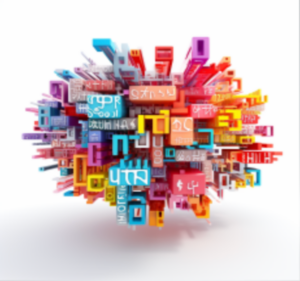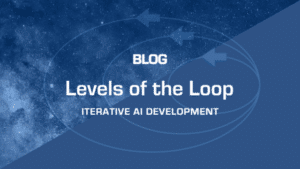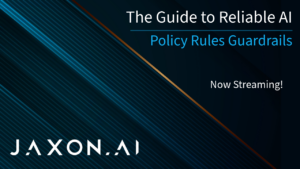A technique in natural language processing (NLP) that combines elements of information retrieval and text generation to produce high-quality responses to queries or prompts. RAG models incorporate a retrieval mechanism to access relevant information from a large knowledge source, such as a database or corpus, and then generate responses based on this retrieved information. This approach enhances the relevance and coherence of generated text by leveraging the wealth of knowledge available in the retrieval step. RAG has demonstrated effectiveness in various NLP tasks, including question answering, summarization, and dialogue generation, contributing to more accurate and contextually appropriate outputs.
- Multi-Hop RAG (MHQA): A specialized variant of RAG tailored for tasks requiring the chaining together of multiple facts from the database to answer a question. In Multi-Hop RAG, the model iteratively retrieves and integrates information from the knowledge source, traversing multiple hops or steps to derive a comprehensive response. This capability enables the handling of complex queries that demand deeper reasoning and integration of disparate pieces of information, enhancing the model’s ability to address nuanced questions and provide more comprehensive answers.





